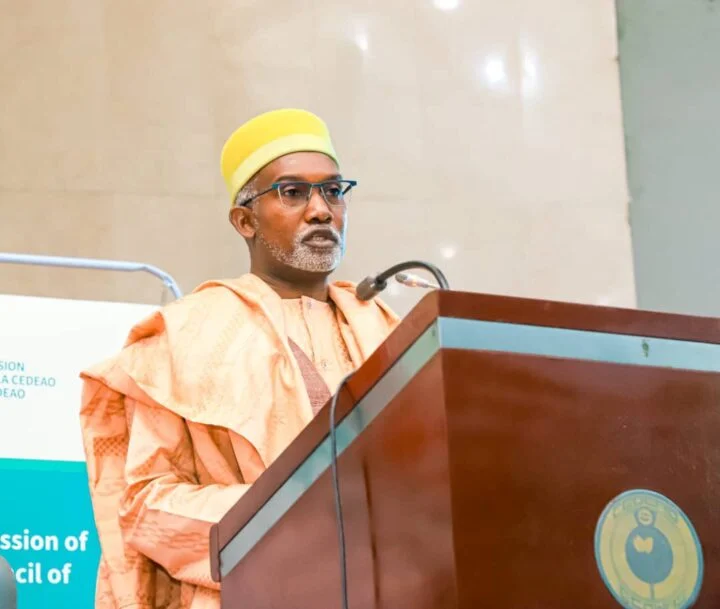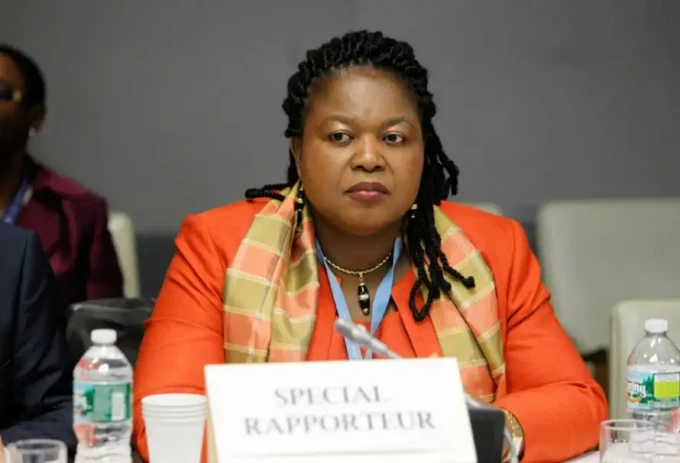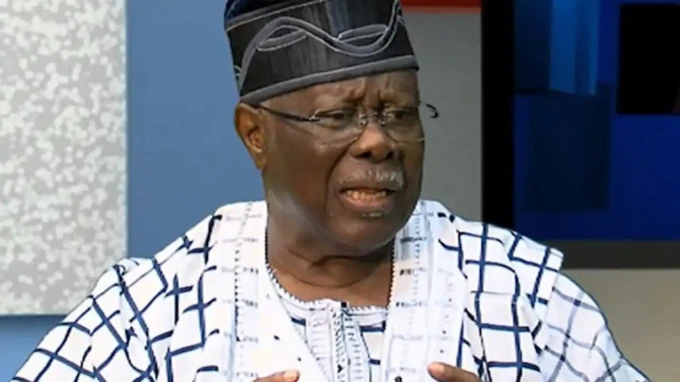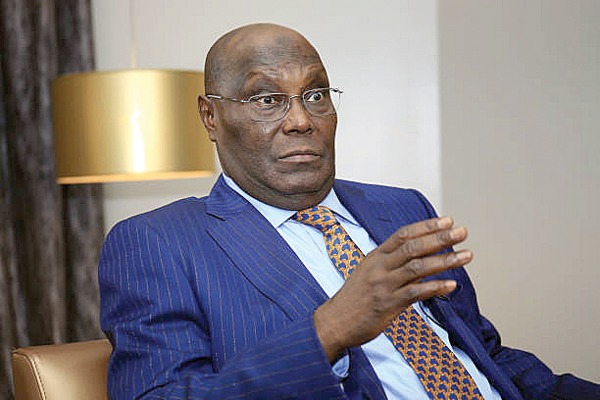At the World Economic Forum in Davos, Sweden, Nigeria’s Minister of Foreign Affairs, Ambassador Yusuf Maitama Tuggar, made a compelling case for Africa to secure a permanent seat on the United Nations Security Council, specifically arguing that Nigeria should be the continent’s representative. This statement was part of a panel discussion themed ‘Africa’s Momentum’, where Tuggar highlighted the disproportionate impact of Security Council resolutions on Africa, where 60% of the decisions directly affect the continent yet without African representation in a permanent capacity.
Tuggar criticized existing UN policies like the Deforestation Law, which he argued unfairly targets African countries while neglecting the role of foreign technology companies in deforestation. He emphasized Nigeria’s approach under President Bola Tinubu’s administration, focusing on strategic autonomy and non-alignment in international relations.
The panel, which included foreign ministers from Tunisia, Democratic Republic of Congo, and Uganda’s Finance Minister, was moderated by Bronwen Maddox from Chatham House. Discussions also touched on Africa’s role in global governance, particularly with the upcoming 2025 G20 Summit in South Africa.
Tuggar extended his argument to include Nigeria’s eligibility for G20 membership, citing Nigeria’s historical role in supporting African liberation movements, including South Africa’s fight against apartheid, and its provision of asylum to figures like Thabo Mbeki. He stressed Nigeria’s soft power, including the Technical Aid Corps program, which sends professionals to aid development in other African, Caribbean, and Pacific countries.
He further argued for Nigeria’s representation based on its non-threatening posture, friendly relations with neighbors, and its significant role in the African Union’s Peace and Security Council. Tuggar articulated that Nigeria’s inclusion in the G20 would allow it to advocate for issues like the fair utilization of Special Drawing Rights for energy transitions in Africa and to push for global tax reforms to benefit the Global South.












Wow, I think Nigeria definitely deserves a permanent seat on the UN Security Council! Africas voice needs to be heard.
Why should Nigeria get a permanent seat in the UN Security Council? What about other African countries? Lets discuss!
I dont think Nigeria should get a permanent seat in the UN Security Council just because they claim to be leaders in Africa. What about other countries?
Wow, Nigeria pushing for an African seat on the UN Security Council? Bold move, but does Africa really need it? Lets discuss!
Why should Nigeria get a permanent seat in the UN Security Council? What about other African nations? Lets discuss!
I think Nigeria deserves a permanent seat in the UN Security Council. They have shown strong leadership in Africa. Its time for change!
Why not advocate for more diverse representation on the UN Security Council? Africa deserves a permanent seat too! #GlobalJustice
I dont think Nigeria should have a permanent seat in the UN Security Council just because of their leadership. Other countries deserve a chance too.
Im not convinced. Nigerias leadership is important, but does it automatically mean they deserve a permanent seat in the UN Security Council? Lets discuss.
Hmm, do you think Nigeria leading the UN Security Council could bring positive change or just cause more division? 🤔 #UNPolitics
Im not convinced that Nigeria deserves a permanent seat in the UN Security Council. What about other African countries? Lets debate!
Interesting perspective, but should African countries be prioritized for permanent seats based on leadership alone? What about other regions?